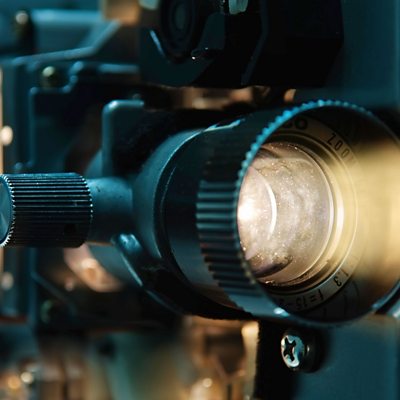Episode details

Available for over a year
Antonia Quirke uses Richard Burton's voice to illustrate how cinematic voices have changed. EP 2 How Richard Burton got his Voice Film presenter Antonia Quirke reports from Pontrhydyfen - a small village in the Afan Valley, between Neath and Port Talbot in South Wales, which is the birthplace of one of her favourite movie actors; Richard Burton. Here she uncovers the development of his cinematic voice. In this programme Antonia uses Burton's voice to illustrate how cinematic voices have changed and she meets with leading dialect coach Penny Dyer to deconstruct it along with examining the new methods deployed in today's films. Richard Burton had a strong Welsh accent and a weak voice as a child. However when his adoptive father saw how talented he was at remembering Shakespeare and other poetry, he ironed out the Welsh accent and took him outside to the valleys to project loudly across them. For months and years the young Richard did this - literally yelling King Lear across the mountains - until he arrived at the incomparably strong almost-Welsh voice we know and love. Burton's voice was idiosyncratic, often strange and powerful with unusual speech patterns. His public and private voice was one and the same. Sian Phillips discusses her film roles alongside Burton, and in a new study, cultural historian Peter Stead tells how Burton's Welshness shaped his character and career. We also hear from actor and voice over artist Simon Greenall and impressionist Jon Culshaw who dissect Burton's voice and reveal how they create their own vocal sounds and adapt their mimicry. Producer: Stephen Garner First broadcast on ÃÛÑ¿´«Ã½ Radio 4 in November 2016.
Programme Website